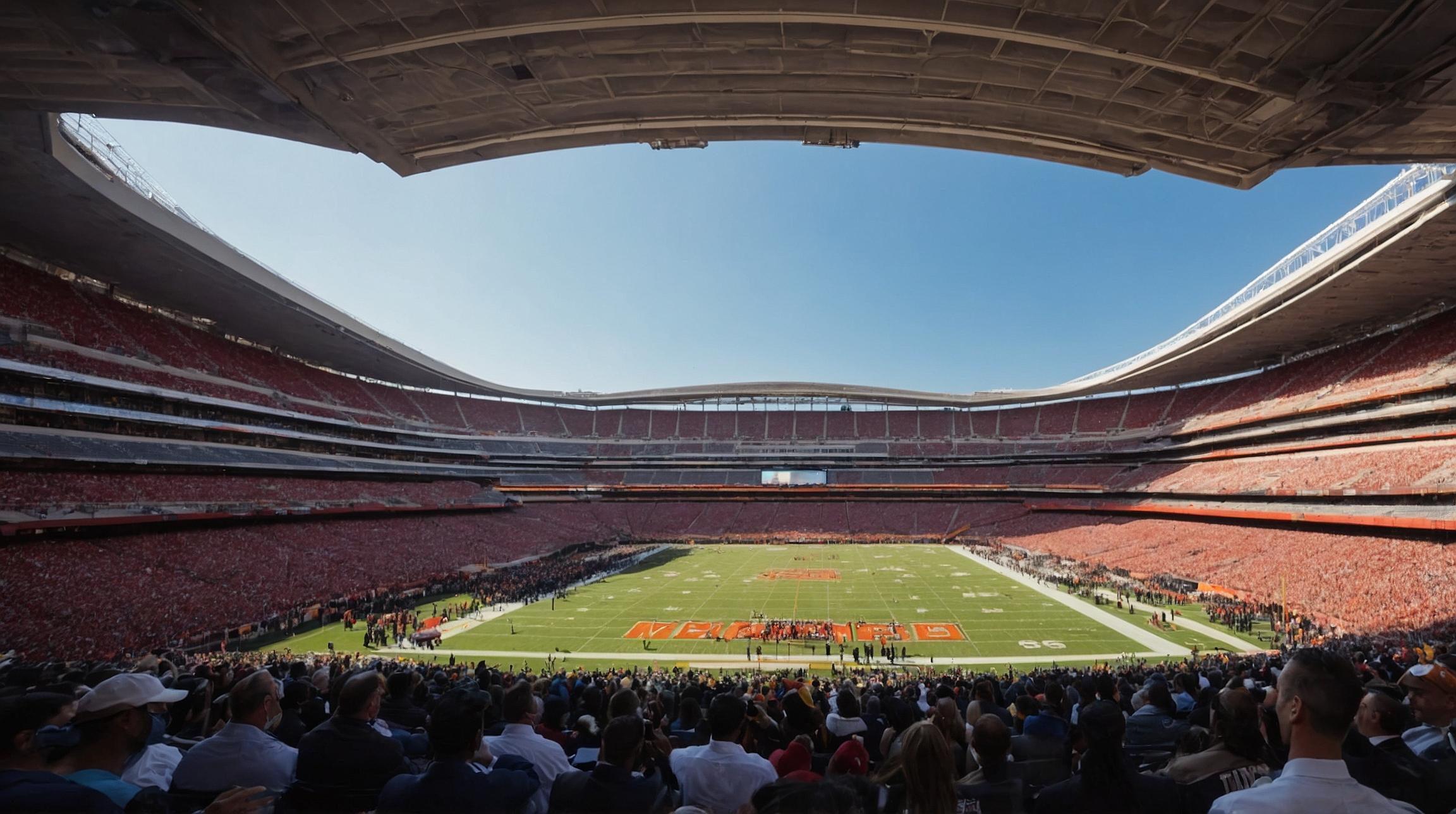NFL's Policy Shift: Allowing Private Equity in Professional Football
The National Football League (NFL) recently announced a monumental change in its policy, now allowing private equity funds to invest in its teams. This decision opens up a new frontier for private equity in the world of professional sports, particularly in a league renowned for its substantial revenue and fan engagement.
The updated policy permits private equity funds to purchase up to 10% of an NFL franchise, with the stipulation that these investments must be held for a minimum of six years. This move has been provisionally approved for several firms, including Arctos Partners and Ares Management, among others.
Why the NFL is Appealing to Investors
Dan Malone, a partner at Haynes Boone and cohead of the private equity practice, describes the NFL as the "holy grail" of sports investments due to its unrivaled revenue potential and fan base. Unlike other leagues that allow up to 30% ownership, the NFL's cap at 10% could drive up the scarcity value of team ownership, adding to the allure for institutional investors.
Matthew Eisler, from Hogan Lovells, highlights that the limited number of approved investors provides them a strategic advantage, especially with new media deals expected by 2030 that could further inflate team valuations.
Potential Concerns and Opportunities
Despite the optimism, some private equity executives express skepticism, noting the illiquidity of such investments and potentially low internal rates of return (IRR). However, others, like Malone, point to additional revenue opportunities through media and development rights that could appeal to minority stakeholders.
Furthermore, the NFL's policy includes a provision where the league takes a share of profits from any stake sales, although the specifics remain undisclosed. This profit-sharing mechanism may influence the attractiveness of such investments for private equity firms, who must balance returns with their fiduciary duties.
Broader Implications for Sports Investments
The introduction of private equity into the NFL might herald a longer-term trend of institutional investment in professional sports, broadening financial strategies and engagement. While opinions differ, this shift could set a precedent, influencing how other leagues approach similar opportunities.
This policy change represents not just a strategic shift for the NFL, but a potential evolution in how sports franchises might leverage external investment to enhance their financial and competitive standing.
Key Takeaway
As private equity delves into the NFL, it's crucial for potential investors to thoroughly assess the risks and rewards, keeping in mind both the financial returns and the strategic significance of such investments in the broader context of sports and entertainment.
Additional Business Updates
- Venture Deals: Companies like Pylon and Bland AI have recently secured significant funding, fueling innovation across various tech sectors.
- Private Equity Acquisitions: Industry movements include acquisitions by ARCHIMED and Iron Creek Partners, continuing the trend of strategic investments in diverse sectors.
- Personnel Changes: David Fann joins VSS Capital Partners, adding his expertise in investment management to the firm.
Conclusion
The entry of private equity into the NFL marks a significant evolution in sports investment, with both promising opportunities and challenges. Investors and stakeholders must navigate these waters carefully, balancing ambition with prudent financial strategy.













